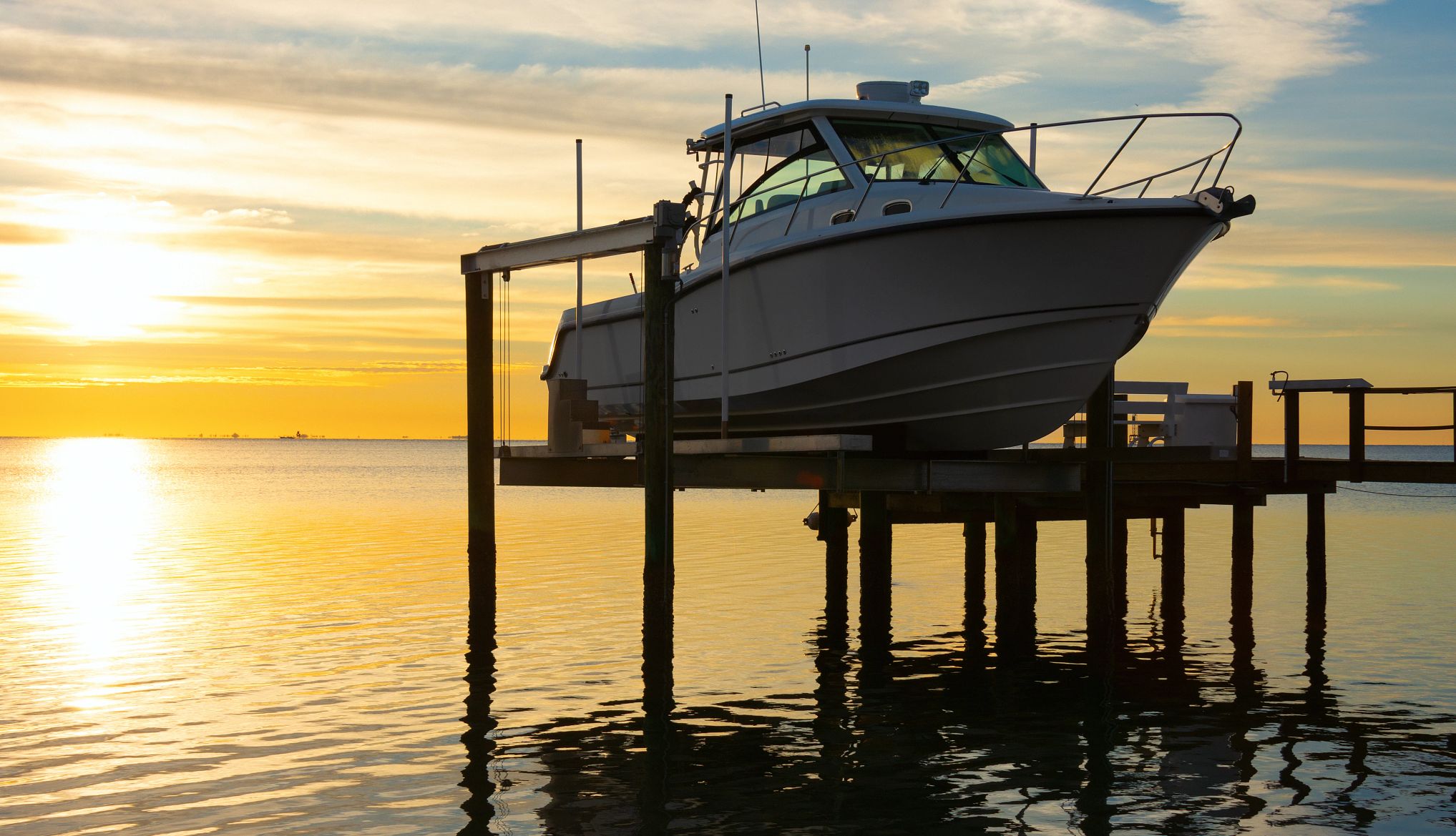AARP Hearing Center
They don’t call the beginning phase of retirement the go-go days for nothing. In the early years, retirees often spend more freely, checking off bucket-list items like vacation homes, antique cars and expensive toys. But for many older adults, it isn’t long before buyer’s remorse sets in.
“People have an idea that something good is to come, but the reality does not match up,” says Chris Manske, president of Manske Wealth Management in Houston. “It’s really hard for them to accept that the thing they have been excited about, dreaming about, is not what they wanted.”
The purchases that retirees regret run the gamut, but there are some that top the list, including these nine.
1. Boat
This is the quintessential retirement purchase that people dream about during their working years. They finally quit the working world and pull the trigger, preparing to sail off into the sunset. But there’s more to owning a boat than purchasing the vessel, and costs can add up quickly. Before you know it, what was supposed to give you joy and freedom is tying you down. “The two best days are when you buy and sell the boat. Everything in between, you risk an argument with your spouse,” says Denny Artache, a partner at Champion Capital Advisors in Jupiter, Florida. “If you buy a boat for $80,000 and go out in it twice a month, is it a smart way to use the money?”
2. Resort living
For retirees who prefer to stay on land, resort living is all the rage. That’s for good reason: You get resort-style dining, concierge services, weekly housekeeping, a valet and a slew of activities that can easily fill up your social calendar. For lots of people it’s a fabulous idea in the first year, but after that, the novelty can quickly wear off, Manske warns.
“They realize that all the things that gave them value and purpose and were fulfilling are back where they used to live,” he says. “They just pulled stakes and realize it’s nice for a vacation but not nice to live here.”
3. Recreational vehicle
Who doesn’t want to travel in retirement? And what better way than with an RV? You get all the comforts of home and don’t have to worry about lodging. But you may be able to scratch that road-trip itch without splashing out tens of thousands of dollars for a towable RV or hundreds of thousands for a motor home, not to mention the ongoing costs of upkeep.
“You can rent RVs, rather than buying one,” Artache points out. “If you are going to use an RV once a month or three times a year, do you really need to buy an RV? Of course not. A lot of those things that make retirees feel good can add up.”
4. Dream house
Retirement is supposed to be about downsizing, but for some people it’s the time to build their dream home from the ground up. That’s fine for those who have a lot of cash in the bank or can stick to a budget. But often, “that scenario turns into a real disappointment, sometimes a nightmare,” Manske observes.

































































